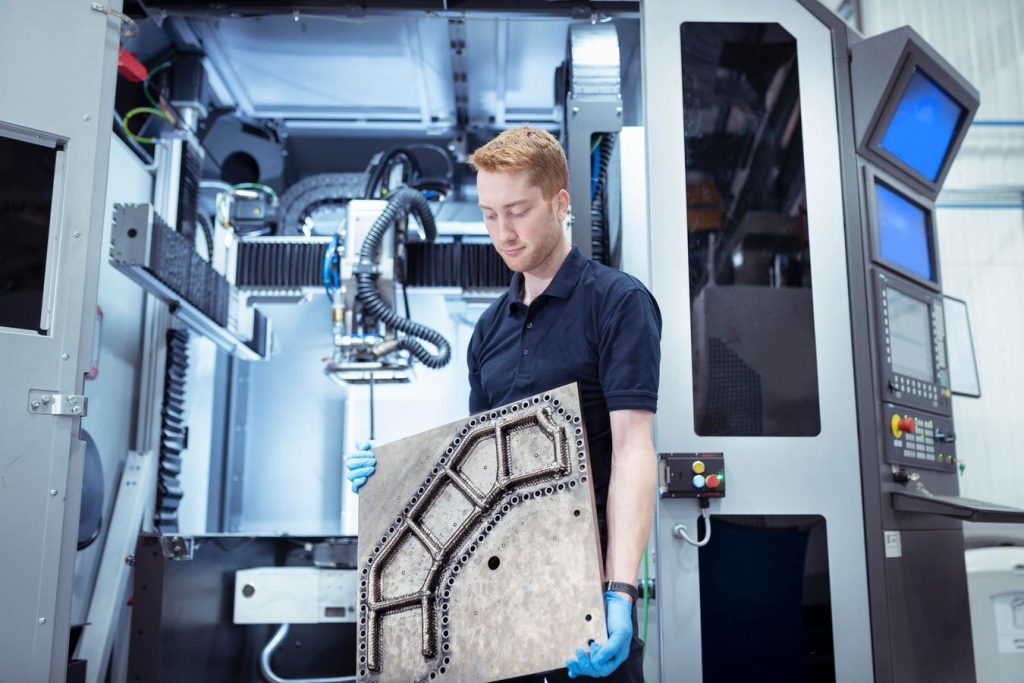The Fourth Industrial Revolution, also known as Industry 4.0, is reshaping the manufacturing landscape by integrating technologies such as artificial intelligence, the Internet of Things, and robotics. Generative AI is now playing a crucial role in accelerating the transformational forces already at play. According to BCG, Generative AI has a complementary role that will significantly aid manufacturers in realizing the factory of the future. It is expected to bring about important changes in various aspects of the manufacturing process, such as design, predictive maintenance, quality control, robotic programming, and additive manufacturing.
Generative AI is revolutionizing the way manufacturers approach design by efficiently generating new designs through the evaluation of vast amounts of data. Companies like Claudius Peters and NASA have already demonstrated the impact of using generative design, achieving significant weight reductions while meeting performance requirements. Companies like Airbus and U.S. Steel are utilizing AI-powered technologies to streamline quality control and maintenance processes, showcasing the potential benefits of generative AI in improving operational efficiencies and reducing work order completion times.
Robotics is a crucial component of Industry 4.0, enabling automation and precision in manufacturing. Generative AI can simplify the programming of robots by generating code based on high-level task descriptions or visual demonstrations. This approach streamlines the deployment of robotic systems and is expected to drive the growth of collaborative robots, enhancing human-robot collaboration on the manufacturing floor. Additive manufacturing, or 3D printing, has also benefitted from generative AI by optimizing designs based on performance requirements, material properties, and manufacturing constraints.
To successfully implement generative AI in organizations, a measured strategy is recommended, starting with commitment from leadership and fostering a culture of innovation. Selecting the right projects, investing in technology and data, attracting AI talent, and being mindful of biases and limitations are key steps to consider. By harnessing the power of generative AI, manufacturers can unlock new levels of efficiency, agility, and innovation. As the technology evolves, it is expected to bring more groundbreaking applications in the manufacturing sector, reshaping how products are designed, produced, and delivered to customers.
This article was summarized from insights shared by Ajith Sankaran, Senior Vice President at Course5 Intelligence, who emphasized the significance of generative AI in driving Industry 4.0 transformation. The potential benefits of using AI models in manufacturing are substantial, with companies able to achieve higher levels of efficiency and innovation. As the technology continues to evolve and mature, there is a growing expectation for more advanced applications of generative AI in reshaping the manufacturing sector. By adopting a strategic approach to implementation and addressing key considerations, companies can leverage generative AI to stay ahead in the rapidly evolving landscape of Industry 4.0.


